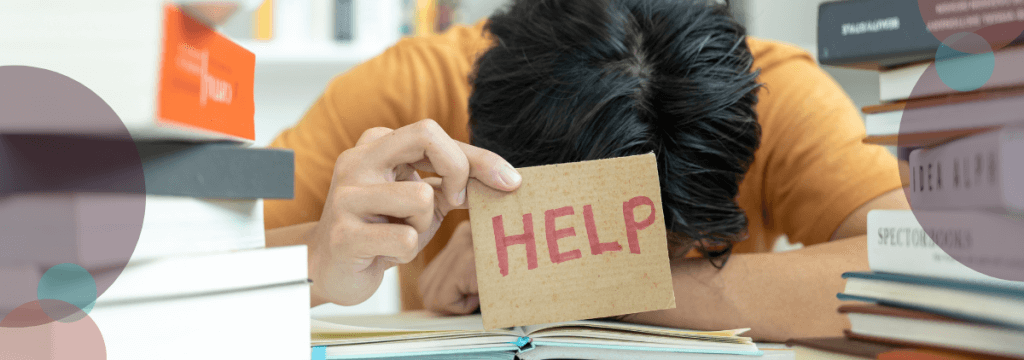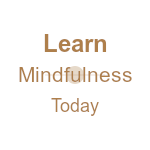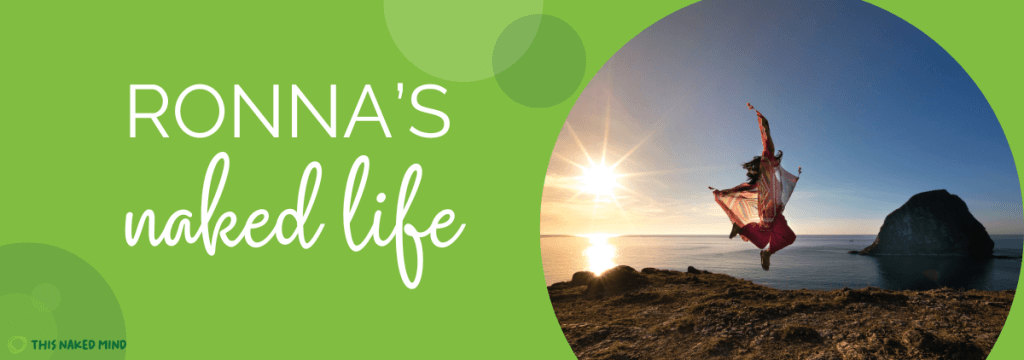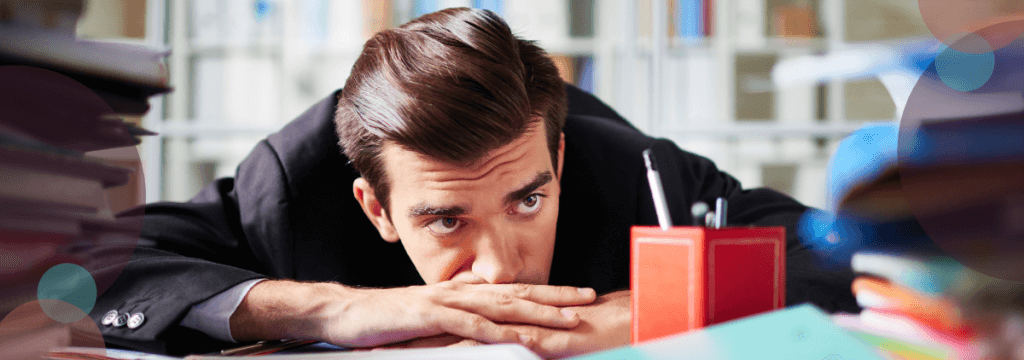
Tired of Feeling Anxious and Overwhelmed? It Could Be More Than Stress
Let’s just go ahead and rip the proverbial band-aid off, shall we? If you’ve ever woken up after a night out feeling like your anxiety decided to throw its own after-party in your brain, you’re definitely not imagining things. Maybe you’re lying there at 7 AM wondering, “why do I feel anxious after drinking” when you were just trying to have a good time and blow off some steam the night before. You know that feeling – everything seems bigger and scarier than it did yesterday, and you can’t shake this weird sense of dread.
It’s not just you, and it’s not all just in your head. That jittery, heart-racing, everything-feels-too-much feeling you get the day after drinking isn’t your mind playing tricks on you. It’s got a name (hangxiety – yes, that’s a real word), and it’s way more common than anyone wants to admit. You went out to de-stress, had what felt like a reasonable amount to drink, and now you’re more anxious than when you started. Talk about an oxymoron, right?

TLDR: That anxiety and overwhelm you’re feeling might have some unexpected connections to your social habits. There’s actually fascinating science behind why some people feel more anxious after drinking, and it’s not just about having “too much.” Understanding what’s happening in your brain can help you figure out why you might be feeling this way.
Let’s jump right in:
- The Morning After Reality Check
- Why Your Brain Betrays You After Drinking
- The Sneaky Cycle You Didn’t See Coming
- When “Just One” Becomes a Problem
- The Relief That Isn’t Really Relief
- Breaking Free from the Anxiety Trap
The Morning After Reality Check
You might want to sit down for this. You’re about to feel so seen. You had a great night – maybe dinner with friends, a few drinks to unwind after a brutal work week, or perhaps you were celebrating something fun. Nothing crazy, just your usual adult socializing. But then you wake up and it’s like someone upgraded your normal morning anxiety with the premium deluxe VIP version.
Your heart is racing for no reason. That thing you said 8 hours ago is now playing on repeat in your head like a bad remix. The text you sent that seemed hilarious at the time now feels like evidence you’re the worst person alive. And don’t even get me started on the existential dread that makes checking your phone feel like defusing a bomb.
This is when people often start wondering why do I feel anxious after drinking, because it seems so backwards. You weren’t trying to make yourself feel worse – you were trying to feel better! You were being social, blowing off steam, doing what literally everyone else seems to do without turning into a ball of anxiety the next day. But here you are, feeling like you need to apologize to the world for existing.
The most frustrating part? You can’t just shake it off. This isn’t regular anxiety that you can talk yourself out of or fix with some deep breathing. This is your brain chemistry throwing a tantrum, and it’s going to last as long as it wants to last. (While you feel like it could have shown itself the door a good 10 minutes before your eyes popped open that morning.)
Why Your Brain Betrays You After Drinking
I’m about to get science-y with you for a hot second, but stick with me because this actually explains SO much. Researchers have found that when you drink, your brain basically goes “oh cool, we’re feeling relaxed now” and starts adjusting everything to maintain balance. Our brain does this all the time as its main job is to maintain homeostasis throughout our bodies. According to studies published in the Journal of Psychiatry and Neuroscience, alcohol affects your GABA receptors (the ones that help you feel calm) and your glutamate system (which controls alertness).
When alcohol hits your system, it enhances GABA activity, which is why you feel relaxed and social. But here’s the fascinating part – your brain doesn’t trust this instant hit of relaxation, so it starts producing more glutamate to “balance things out.” It’s like your brain is that person who immediately slides a coaster under your drink when you set it on the table. Things just have to go the way your brain says they should.
Research reveals…
Research from the National Institute on Alcohol Abuse and Alcoholism shows that when the alcohol wears off, you’re left with all that extra glutamate activity but none of the GABA enhancement to balance it out. This glutamate rebound is what creates that anxious, jittery feeling. A study in the journal Neuropsychopharmacology found that this effect can last 24-48 hours after drinking, which explains why you might feel off for days after what seemed like a normal night out.
So when you’re wondering “why do I feel anxious after drinking,” you’re actually experiencing a well-documented neurochemical reaction. It’s not just emotional – it’s your actual brain chemistry being temporarily out of whack. Your nervous system is basically hitting the panic button over and over, and no amount of positive thinking is going to fix that until everything rebalances.
Starting to see the connection? Our 5 Day Alcohol Reset Challenge can help you figure out if alcohol is messing with your anxiety more than you realized.

The Sneaky Cycle You Didn’t See Coming
Here’s where things get interesting, and honestly, it took me a while to connect these dots myself. You have a stressful week, so you do what most people do – you plan something fun for the weekend. Maybe drinks with friends, dinner out, or just unwinding at home with a glass of wine. Totally normal, right?
But then Sunday rolls around and you’re back to feeling like everything is terrible. You can’t handle basic adult responsibilities. You might even think “I really need to get my anxiety under control” without considering that there might be a connection to your weekend activities.
Research from the University of North Carolina found that people who drink regularly are more likely to experience what they call rebound anxiety. Basically, your anxiety levels can actually become higher than they were before you started drinking. It’s like your brain gets used to the artificial calm, then overcompensates when it’s gone.
When you’re wondering “why do I feel anxious after drinking,” you might be noticing this pattern without realizing it’s a pattern. The timing just seems coincidental. You had a fun weekend, now you feel terrible, but surely those two things aren’t related, right? Studies suggest they very well might be.
When “Just One” Becomes a Problem
Let’s be real about something that might surprise you – you don’t have to be drinking heavily for this anxiety thing to happen. Research published in the journal Alcohol and Alcoholism found that even moderate drinking can trigger next-day anxiety in some people. We’re talking about having a couple glasses of wine with dinner or a few beers while watching the game.
This is the part that catches people off guard because it doesn’t match what we typically think of as problematic drinking. You might be someone who drinks normally by society’s standards. You wait until 5 PM, you don’t drink and drive, you can go days without drinking if you need to. But you’re still waking up feeling like your nervous system is doing its own special rendition of Riverdance.

A study from King’s College London found that people have vastly different sensitivities to alcohol’s effects on anxiety. Some people can have the same amount as their friends and wake up feeling fine, while others feel like they’ve been hit by an emotional freight train. It’s not about willpower or doing anything wrong – it’s about individual brain chemistry.
When you start examining drinking and your moods, you might be expecting it to only happen after big nights out, not after your Tuesday wine with dinner. But research shows that for some people, even small amounts can trigger that anxiety rebound effect. The tricky part is that this sensitivity can develop over time or change based on stress levels, sleep, and other factors.
The Relief That Isn’t Really Relief
Here’s the mind-bending part about drinking for anxiety – it actually works in the short term, which is why this whole cycle is so confusing. When you’re feeling stressed and overwhelmed, that first sip really does make you feel better. Your shoulders relax, your brain quiets down, and for about 20 minutes, everything feels manageable again.
This is why people get so frustrated when they’re trying to figure out what the connection is between alcohol and anxiety. The math doesn’t seem to add up. If alcohol makes you feel better in the moment, shouldn’t it make you feel better overall? It’s like expecting a payday loan to improve your financial situation – sure, you get cash right now, but you’re going to pay for it later with interest.
The relief you feel when you drink is real, but it’s borrowed relief. You’re essentially taking tomorrow’s calm and using it today, which means tomorrow is going to suck extra hard. It’s like staying up late binge-watching Netflix – super fun in the moment, but you’re going to be a zombie the next day.
This borrowed relief is what makes the cycle so hard to break. When you’re feeling anxious and overwhelmed, your brain remembers that drinking made you feel better before. It conveniently forgets about the part where you felt worse afterward because when you’re suffering, you’ll do anything to make it stop.
Breaking Free from the Anxiety Trap
Okay, so now you’re probably thinking “great, so I can never drink again or I’ll be anxious forever?” Not necessarily! But it might be worth getting curious about whether your drinking habits are contributing to your anxiety more than you realized. The good news is that you don’t have to figure this out alone or make any huge life changes overnight.
The first step is just paying attention. Start noticing how you feel the day after drinking – not just if you’re hungover, but how your anxiety levels are, how overwhelming normal tasks feel, how your mood is. You might be surprised by what you discover. Some people realize they’ve been living with low-level anxiety for so long they forgot what feeling calm actually feels like.
If you’re wondering “why do I feel anxious after drinking,” try this: next time you have plans that involve alcohol, pay attention to how you feel for the next 48 hours. Not just physically, but emotionally and mentally. Do you feel more on edge? Do small problems feel bigger? Are you more irritable or worried about things that normally wouldn’t bother you?
The thing is, you don’t have to quit drinking forever to get some answers. Sometimes just taking a short break can give you enough clarity to see what’s really going on. It’s like turning off all the lights in your house to see which ones you actually need – you might be surprised by what you discover.
This isn’t about making a lifelong commitment to give up booze forever right now. It’s about figuring out if the thing you’re doing to feel better is actually making you feel worse. And if it is, then you get to decide what to do about it.
Ready for a reset?
Ready to get some clarity on whether alcohol might be fueling your anxiety? Our 5 Day Alcohol Reset Challenge is designed to help you take a gentle break and see how you feel without the alcohol roller coaster. Sometimes the best way to figure out if something is affecting you is to give it a rest and see what happens. You might just discover that the calm, clear-headed feeling you’ve been looking for was there all along – it was just being masked by the very thing you thought was helping.
Copyright © 2025 This Naked Mind. This material is original content and is protected by international copyright laws. Unauthorized reproduction or distribution of this content will be met with legal action.



